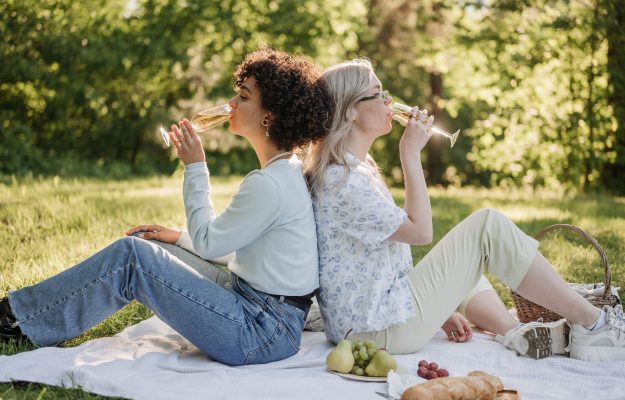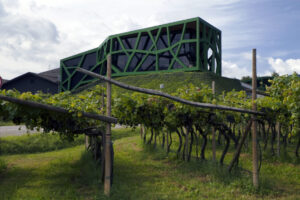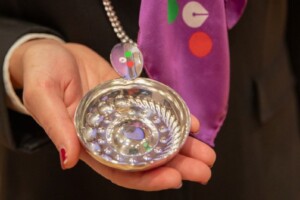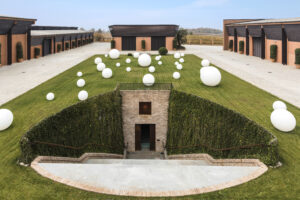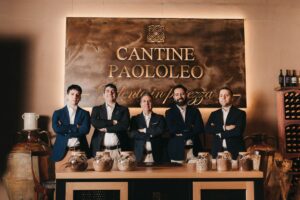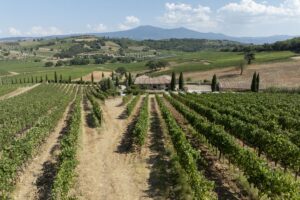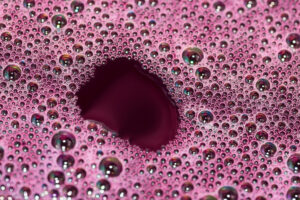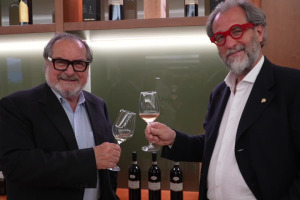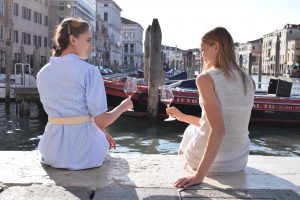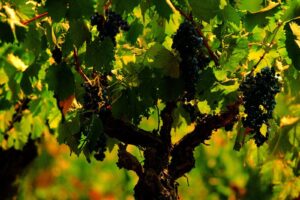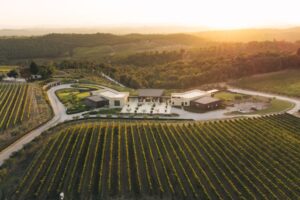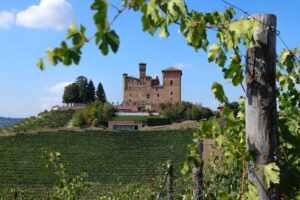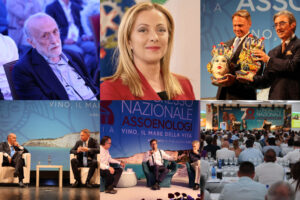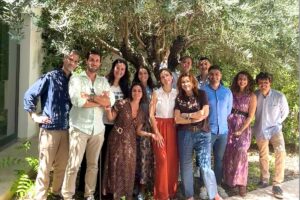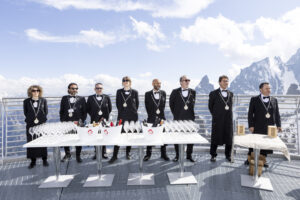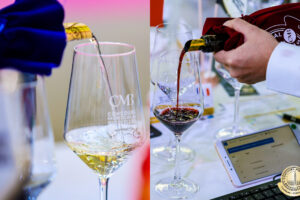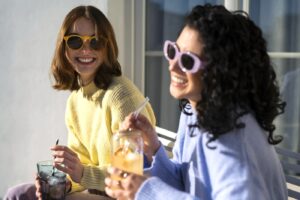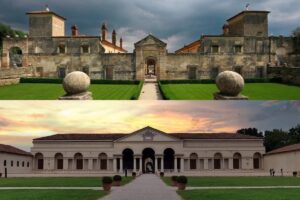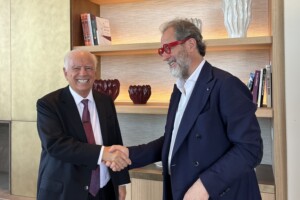“We are talking more and more about sustainability in wine tourism, but for those who work in this sector the first lesson to learn is — starting with Institutions - that we cannot act only for tourists. First of all, we must pay attention to the population in a territory. If the people are not living well because there are no more small shops, or there are no taverns where the elderly can meet, or meeting places have disappeared, tourist attractions will not function for very long. Visitors in a wine territory need to see people smiling and welcoming them to their culture. Otherwise, it can be considered a failure”. Carlo Petrini, founder of Slow Food, does not mince words, and from the sixth edition of the World Wine Tourism Forum (Alba, September 19-21), he sent an important and provocative message, in his usual style. “Wine tourism is beautiful, but if the population doesn't benefit from it, what’s the point? I am not talking only about those who are directly involved, i.e., wineries, hotels, restaurants, but of the entire population. It is extremely important that a territory knows how to govern its limits. Growth is positive, but it is not perennial. It is not possible to evaluate only the quantitative parameters of the tourists that arrive each year, quality must be considered”.
According to the experts who met in Piedmont for the International event promoted by the World Tourism Organization (UNWTO) of the UN, in collaboration with the Ministry of Tourism, ENIT - National Tourism Agency and the Piedmont Region, sustainability is one of the key words for the future of wine tourism, together with innovation and creativity. Langhe, the model territory of Made in Italy wine tourism, hosted the event (for the first time in Italy), showing the state of the art of a sector worth 2.5 billion euros per year that represents a driving force for the development and enhancement of territories and villages, counting 14 million tourists. In Italy, on average, wine tourism accounts for 27% of the turnover of wineries, and therefore, more than 9 out of 10 offer wine tourism accommodations (74% all year round, 18% various periods throughout the year). The event opened with greetings from Pau Roca, DG OIV, and Zurab Pololikashvili, UNWTO General Secretary, with whom Carlo Petrini and Slow Food signed a Memorandum of Understanding for the development of rural territories through food and wine tourism.
Massimo Garavaglia, Italian Minister of Tourism, emphasized that wine tourism is a fundamental economic driver for Italy, considering that 90% of tourists visiting Italy say they are interested in food and wine experiences. “Following the two challenging years of the Pandemic”, declared Garavaglia, “tourist data is rapidly recovering rapidly, but we must always keep in mind the next challenges that await us”.
Speaking on the topic of sustainability, Roberta Garibaldi, CEO of ENIT, said that Italian wineries stand out worldwide for their attention to the environment (consider the ever-increasing number of companies that have implemented organic and biodynamic agriculture). She also spoke about social sustainability, an important element that is more and more guiding the choices of wine tourists, citing the examples of all female wineries or those led by prisoners. One of the most recent wine tourism trends is living outdoors (a necessity because of the Pandemic but more and more in demand), such as wine trekking, wine picnics, dinners in the vineyard. There is also nature bathing, a fast growing trend where immersion in nature is essential, with yoga, Spas and painting courses in the vineyards. Further, new connections between urban and rural; in other words, bringing tourists from the cities to the countryside, but also vice versa with rural vineyards. Innovative hospitality, for instance, wineries offering wine hotels, glamping and gourmet restaurants. New wine travelers, and new types of wine travelers, i.e., women, young people and art and culture lovers. The theme of connections to wine and other sectors is always current, from architecture to art, design, archeology, music, religion, fashion and historic trains. They also focused on the evolution of wine marketing. Neuro-marketing studies in Italy are among the most advanced in the world, from the classic ones (labels, corks, websites and wine shops) to the innovative ones, which include NFT, Metaverso and digital tastings.
In the session dedicated to the topic of innovation, discussions revolved around the fact that new experiences are becoming more and more important for travelers that want to know more, learn about and enjoy other cultures, traditions and history through their wines and how they are made. One of the speakers was the wine producer Francesca Planeta of Planeta winery, one of the most prestigious Italian wineries, which has relaunched the Sicilian wine worldwide. She said, “it is essential for wineries to network with the territory, Institutions and the local community, from the Wine Routes to the Wine Cities, museums and other producers”. In this regard, she mentioned “Viaggio in Sicilia”, a nomadic residence project that strengthens the everlasting link between art and territory, man and landscape. Also speaking at the event were Chef Pilar Rodriguez, Food & Wine Studio and UNWTO Ambassador for Sustainable Tourism (Chile), Mauro Agnoletti, Associate Professor at the Department of Management of Agricultural, Food and Forestry Systems (GESAAF) at the University of Florence, Marta Domènech Tomas, General Director of Tourism, Generalitat de Catalunya (Spain), Martin Hawke, Head of Global Product, WINERIST (UK) and Pamela Lanier, Founder of the Sonoma Sustainable Tourism Observatory (USA).In addition, David Furer, writer and wine communication expert, who spoke about the growing challenges for wineries in the field of sustainability, especially to reduce their environmental impact together with Sandra Carvão, Chief of Tourism Market Intelligence and Competitiveness at UNWTO. Sustainability is more and more driving the offer of experiences designed by wineries and vineyards as well as the attitudes of travelers and their purchasing decisions. Digitalization and e-commerce, instead, have become key tools available to producers, distributors and businesses.
Focus on wine tourism by Coldiretti - 6 out of 10 Italians purchase at the winery
Almost six out of ten Italians (58%) on holiday visit olive oil-mills, mountain cabins and wineries to buy the territory’s local products directly from producers, get the best price / quality ratio and take home a piece of Italian tradition at the table, revealed fa Coldiretti / Ixè analysis at the World Forum on Wine Tourism.
Buying food directly from the producer gives one the opportunity to get to know not only the product, but also its history, culture and traditions in the words of those who have contributed to preserving a heritage that often has nothing to envy of the artistic and natural beauties of the National territory. In many cases, when one purchases, there is also the possibility of tastings as well as guided tastings, allowing you to make an informed choice, which is rarely possible elsewhere. And, you can typical in the countryside, to be able to personally follow the production processes in a natural environment.
Copyright © 2000/2025
Contatti: info@winenews.it
Seguici anche su Twitter: @WineNewsIt
Seguici anche su Facebook: @winenewsit
Questo articolo è tratto dall'archivio di WineNews - Tutti i diritti riservati - Copyright © 2000/2025










